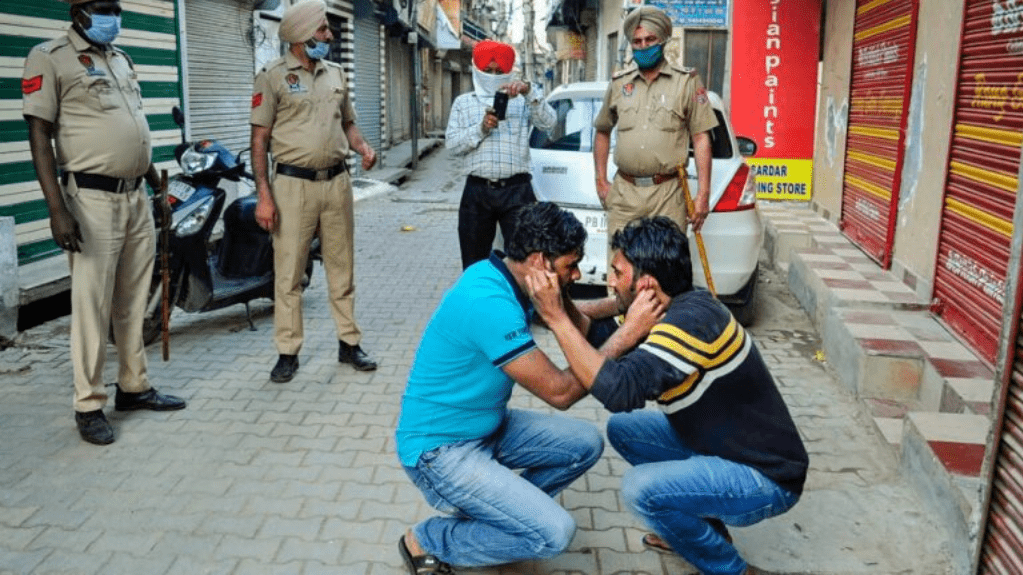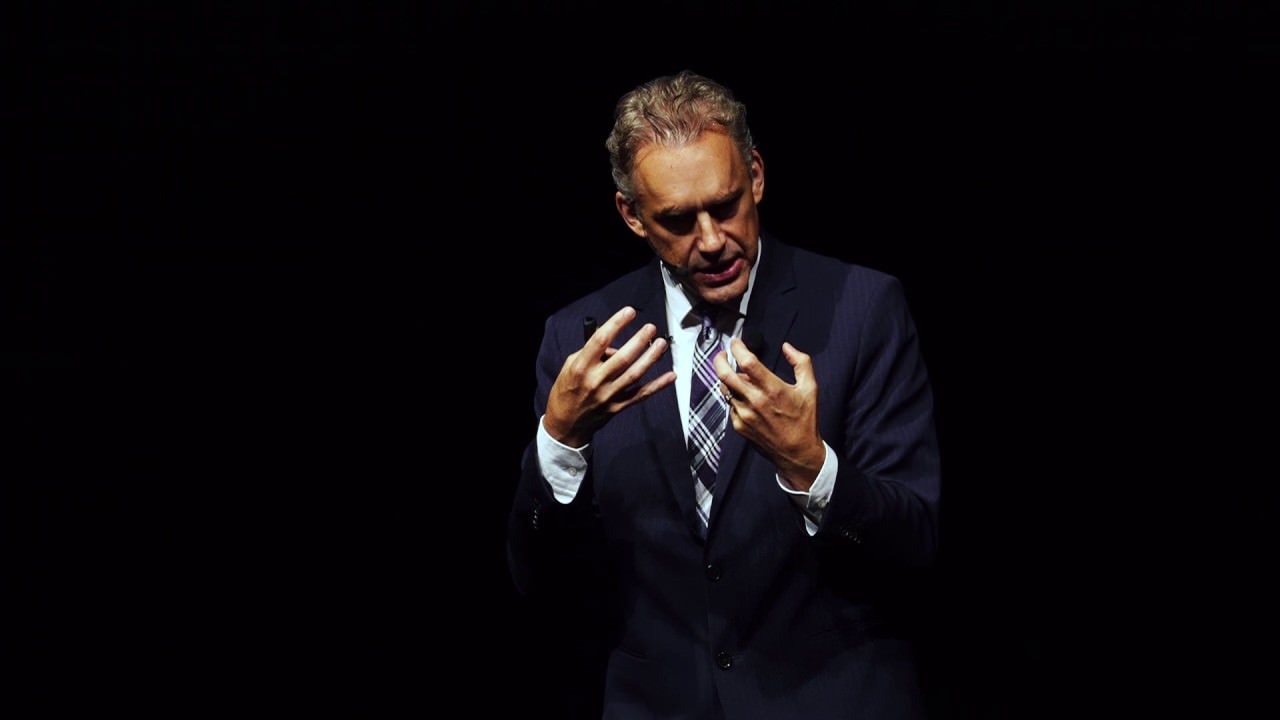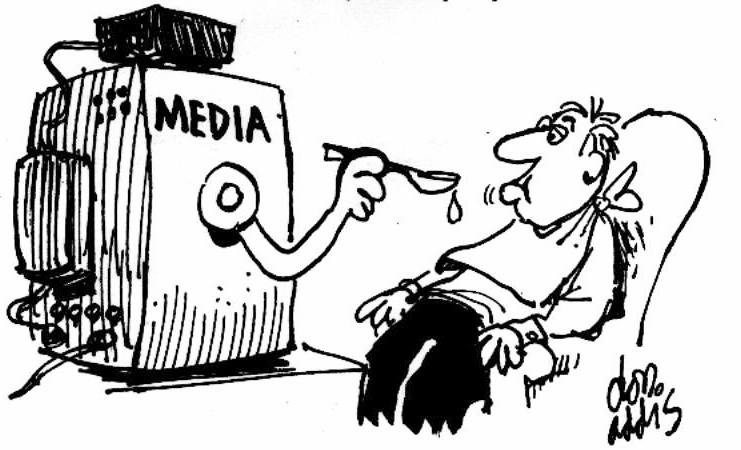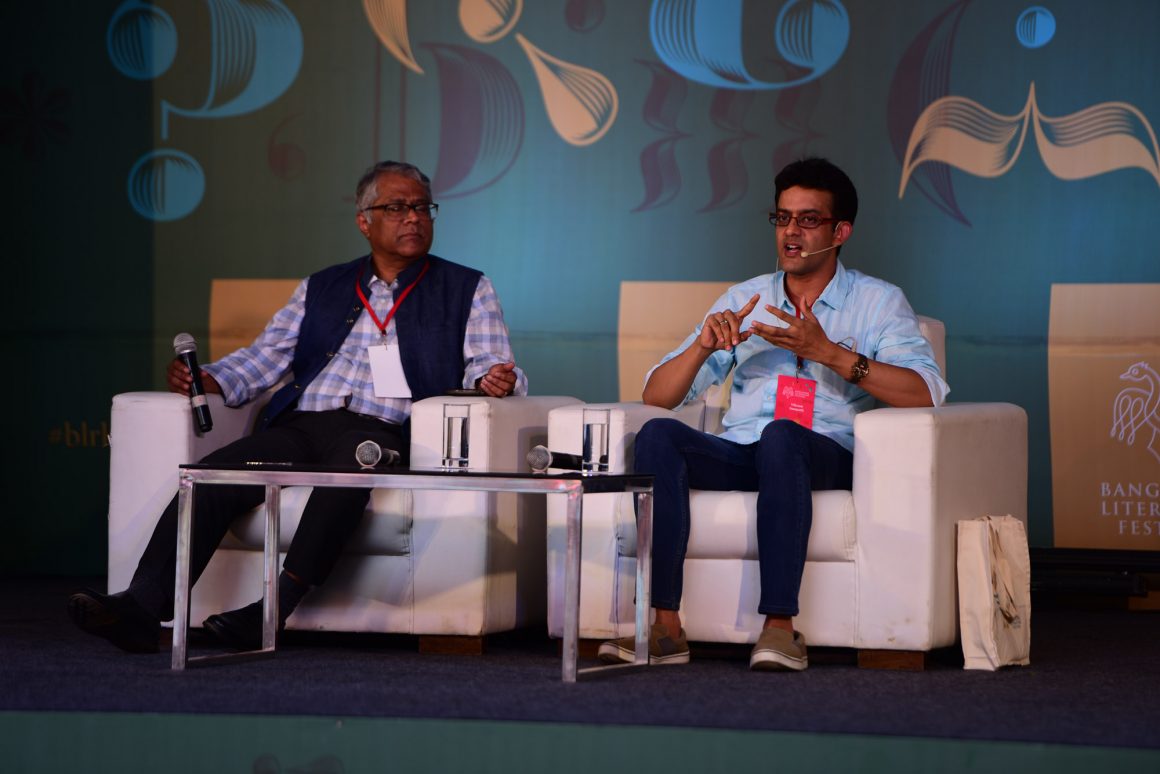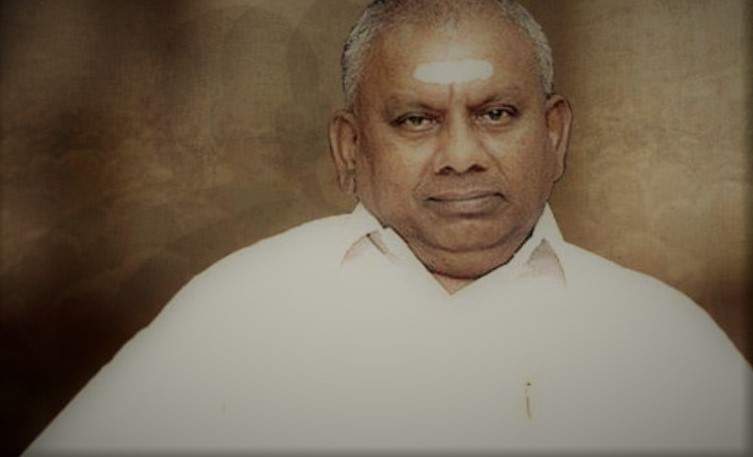The ability to change opinions in the face of new facts is a dying skill. I do not know many people who would readily examine a fact or development and let it affect their stance on the matter at hand or political predilections they have been holding sacrosanct so far. In most cases, the opposite is true! The hardened ideological preferences are used to explain changing circumstances and the boat of life remains anchored on the banks of safe hypocrisy. In fact, this is how ideological fanaticism survives and breeds. When it is fed with the potion of power, it metamorphoses into the monster of totalitarianism. When the other boats that sailed to challenge themselves in thoughts and through actions return, there is no place left for them in the depraved lands.
If you want to visualize this more lucidly, imagine the ideologue or the intellectual you adore and follow as the head of your community, captain of your sports team, or the executive head of your country. Now, from their existing body of work, try to deduce what these people would allow and disallow once they are in such positions. This will define the limits of your liberty under them.
If you want an example, please refer to the recently released 7 point guideline from the “leading economists, intellectuals, and activists.” 7.1 gives ample sense of what such groups are capable of doing if they are given executive powers. Although, after a severe backlash from the netizens, the group had to completely replace the point but not before getting their lack of seriousness about the issue entirely exposed.
In the foreword to his book, Hitch 22, Christopher Hitchens quotes Pindar Pythion III – “Do not aspire to immortal life but exhaust the limits of the possible.” By the time he wrote down the foreword, Hitchens had already been diagnosed with oesophageal cancer. So in retrospect, when you look at his work after the diagnosis, you realize how earnestly he took to that utterance. Till the last days of his life, even though he seemed to have lost much of his muscles, he did not part with his astuteness and sense of humour that run through the chapters of his memoir – Hitch 22. Hitchens stood true to Pindar’s tenet and in many ways exhausted more than the limits of the possible.
Hitch 22 begins with a heartfelt chapter on Yvonne – Hitchens’ mother. This and the chapter on his father – Commander, are two of my favourite chapters in the book. In describing his childhood years, the role of his mother in his life, and the personality sketch of his father, he triumphs as a writer who has taken upon himself the daunting task of writing about his parents. He does not judge either of his parents and gives us a glimpse rife with emotions and delectable prose into his formative years. The fact that he never published any fiction, will remain a lamentable loss for the genre.
Hitchens was a brilliant storyteller and the book contains stories from around the world – the jocular ones as well as the grave tales of human suffering. He takes the reader on a ride through some of the major political developments of his time across the globe. The Vietnam war, Salazar’s regime in Portugal, expedition to Cuba as a young leftist a few months after Guevara’s demise, the Gulf wars, the 9/11 attack, Saddam Hussein’s fall, American war in Afghanistan, and the question of Anti-Semitism – Hitchens speaks about all of them, never hiding his opinions or the side he took.
In many of these narrations, even though he identifies himself as a Trotskyist, he keeps noticing the doublespeak of the Left or the waning of the ideology itself.
“As 1968 began to ebb into 1969, however, and as “anticlimax” began to become a real word in my lexicon, another term began to obtrude itself. People began to intone the words “The Personal Is Political.” At the instant I first heard this deadly expression, I knew as one does from the utterance of any sinister bullshit that it was – cliche is arguably forgivable here – very bad news. From now on, it would be enough to be a member of a sex or gender, or epidermal subdivision, or even erotic “preference,” to qualify as a revolutionary. In order to begin a speech or to ask a question from the floor, all that would be necessary by way of preface would be the words: “Speaking as a . . .” Then could follow any self-loving description. I will have to say this much for the old “hard” Left: we earned our claim to speak and intervene by right of experience and sacrifice and work. It would never have done for any of us to stand up and say that our sex or sexuality or pigmentation or disability were qualifications in themselves. There are many ways of dating the moment when the Left lost or – I would prefer to say – discarded its moral advantage, but this was the first time that I was to see the sellout conducted so cheaply.”
Hitch-22: A Memoir, Christopher Hitchens
In the chapter ‘Mesopotamia from Both Sides’, Hitchens gives a detailed account of events that turned him into an Iraq war supporter from his previous anti-war stands. This was also the time when most of the Left was positing against the war and naturally attacked Hitchens for his views. The chapter ends with an affecting account of a young man named Mark Jennings Daily who was inspired by the writings of Christopher Hitchens on the moral cause for the Iraq war and had signed up as a soldier for the war. All these are towards the end of the book, including his fallout with Noam Chomsky whom he found to be on the opposite side about the American response to the September 11 terrorist attacks.
So much of our life is lived beyond the commonly used crutches of left-wing and the right-wing that an honestly-lived life will have to fly without any wings many times. Individual honesty offends the group-think and Hitchens’ life is a true testimony before us. His was the boat that was not meant to anchor on fanaticism in the garb of unflinching loyalty to the ideology. Christopher Hitchens greatly admired George Orwell and you will read Orwell finding a place in the book at several instances. It is not surprising then to see Hitchens questioning his own opinions and re-examining them many times over in his one lifetime. Quite naturally, Hitch-22 stands as an intellectually honest work that must feature in the ‘Read’ list of any serious reader of world politics.
You can purchase the book here.





